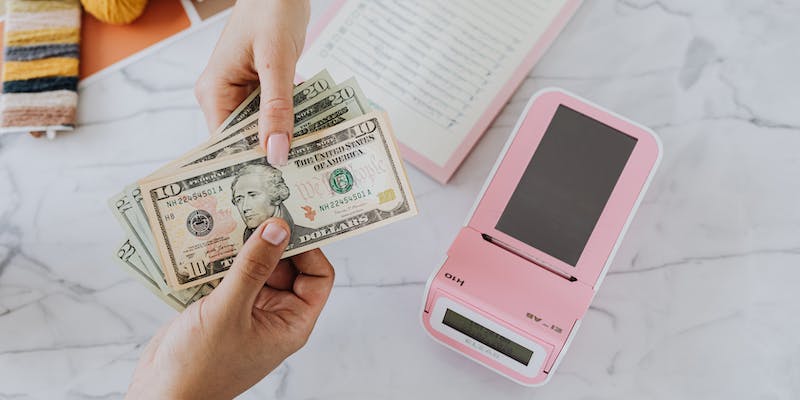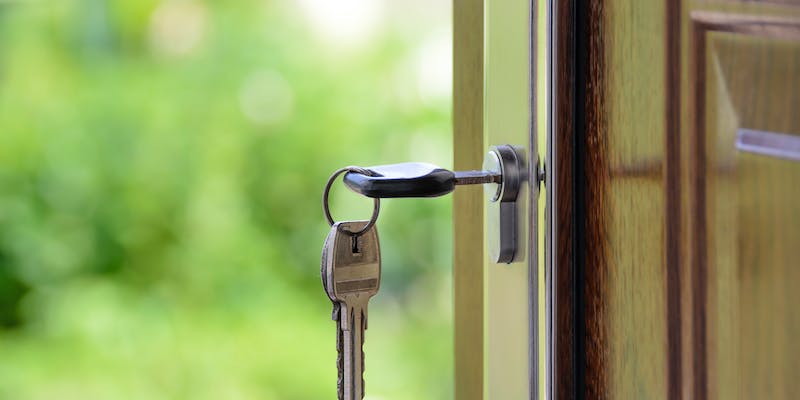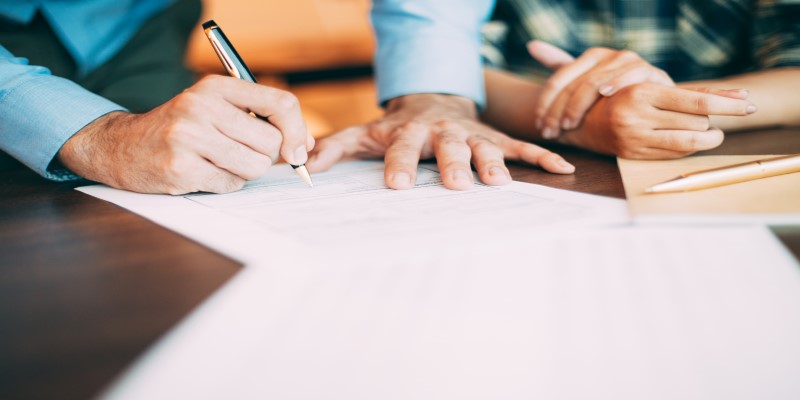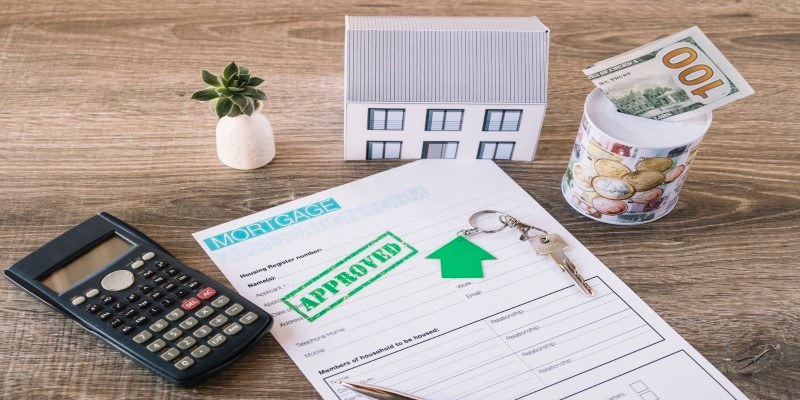Have you ever wondered what happens when your bank decides to close your account? It's a situation that can be quite distressing and confusing for anyone. In this article, we'll walk you through the reasons a bank might close your account, the consequences, and what you can do to prevent it from happening. So, let's dive in and explore the world of bank account closures.
Why Banks Close Accounts
Banks don't typically close accounts on a whim. There are usually valid reasons behind their decision. Here are some common reasons why a bank might close your account:
Inactivity
If you have an account with little to no activity for an extended period, the bank may decide to close it. Banks often have policies in place to handle dormant accounts.
Overdrafts
Consistently overdrawing your account can lead to its closure. The bank may deem you a high-risk customer and choose to end the banking relationship.
Suspicious Activity
Unusual or suspicious transactions, especially those related to fraud or money laundering, can result in your account being closed.
Non-Compliance
Failure to provide the required documentation, such as proof of identity, address, or tax information, can lead to account closure.
High Risk
If you engage in high-risk activities or are associated with certain industries (e.g., gambling or cryptocurrencies), the bank may decide to close your account.
Negative Balance
Allowing your account to remain in the negative for an extended period without resolution can lead to account closure.
The Consequences of a Closed Account
The consequences of closing a bank account can have broad-reaching effects, impacting various aspects of your financial life:

Loss of Access
You'll lose access to your funds, making it difficult to pay bills, withdraw cash, or make purchases.
Negative Impact on Credit Score
A closed account can negatively affect your credit score, as it may be seen as a sign of financial instability.
Difficulty Opening New Accounts
Future attempts to open new bank accounts may be met with resistance or additional scrutiny due to your history of account closure.
Additional Fees
If your account was closed due to a negative balance or unpaid fees, the bank may continue to charge you for these outstanding amounts.
Unsettled Payments
Automatic payments linked to your closed account, such as utility bills or subscription services, may fail, leading to late fees and service disruptions.
Inconvenience
You'll need to find an alternative banking solution, which can be time-consuming and inconvenient.
How to Prevent Your Bank Account from Closing?
Nobody wants to experience the hassle of a closed bank account. Here are some tips to help you prevent it from happening:

Stay Informed
Staying informed about your bank's policies and terms is essential for responsible financial management. Make sure to read and understand the terms and conditions of your accounts and financial products.
Additionally, regularly reviewing your account statements allows you to track your financial transactions, detect any discrepancies or unauthorized activities, and ensure your accounts are in good standing. It's also crucial to stay updated on any changes that your bank may make to its policies or fee structures to avoid surprises or disruptions in your financial management.
Maintain Regular Activity
Maintaining regular account activity is a smart practice to prevent your account from being labeled as dormant. Even if it's minimal activity like occasional small deposits or withdrawals, it can help keep your account active and in good standing.
Dormant accounts may be subject to certain fees or restrictions, so keeping your account active ensures that it remains accessible and functional for your financial needs.
Manage Your Finances Responsibly
Avoid overdrafts and negative balances by monitoring your spending and managing your finances responsibly.
Comply with Documentation Requests
Provide any requested documentation promptly to ensure you remain in compliance with the bank's requirements.
Report Suspicious Activity
If you notice any suspicious activity in your account, report it to your bank immediately. This will help protect your account and prevent unauthorized actions.
Maintain a Positive Balance
Always strive to keep a positive balance in your account. This will not only prevent your account from being closed but also provide a safety net for unexpected expenses.
What to Do If Your Account Is Closed?
If your bank decides to close your account, it's essential to take swift action to minimize the impact on your finances. Here's what you can do:
Contact the Bank
Reach out to your bank to understand the specific reason for the account closure. This will help you address the issue more effectively.
Settle Outstanding Balances
If your account was closed due to unpaid fees or a negative balance, settle these debts as soon as possible to improve your chances of resolving the situation.
Retrieve Your Funds
Ensure you retrieve any remaining funds from the closed account. The bank will likely provide you with a check or electronic transfer to move your money to another account.
Review Your Credit Report
Check your credit report to ensure that the account closure is accurately reported. If there are inaccuracies, dispute them with the credit reporting agencies.
Open a New Account
Once the dust settles, consider opening a new bank account at a different institution. Be prepared for possible challenges in obtaining a new account due to your previous account closure.
Improve Your Financial Habits
Take this experience as an opportunity to reassess your financial habits and make necessary changes to ensure more responsible financial management.
Conclusion
Having your bank close your account can be a stressful and inconvenient experience. However, understanding the reasons behind account closures and taking proactive steps to prevent them can help you maintain a stable financial relationship with your bank.
In case your account is closed, swift and strategic actions can mitigate the impact and pave the way for a fresh start. Remember, responsible financial management is key to keeping your bank account in good standing.



